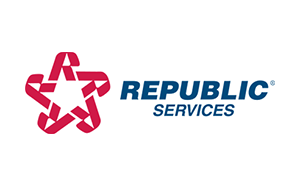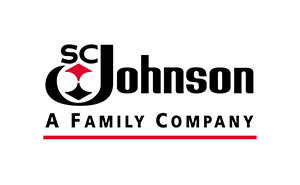
HCM strategic consulting designed for the risk averse.
HRchitect is the only consulting firm that specializes solely in Human Capital Management and delivers expertise around the full lifecycle of HCM technology. Since 1997, we’ve helped thousands of organizations across the globe create strategies, select, implement and support Talent Acquisition, Talent Management, HRIS, Workforce Management and Benefits systems.
-
Considering an HCM Scheduling Solution? Read this NOW!
Apr 17,2024
Scheduling is difficult and complex. It requires knowledge of government and union regulations, a focus on employee engagement, and accurate forecasting, among other crucial eleme
Read Article » -
Spotlight of the Month: Annegret Theis
Apr 10,2024
Our Spotlight series is an opportunity to meet our team at HRchitect. Every month, we shine a spotlight on a member of our team for you to learn more about. Get to know all about
Read Article » -
How Erica Niesse, EVP of Implementation Services Inspires Me
Apr 03,2024
By Marcy Noyce, Director of Delivery Who is a woman who inspires you and why? Throughout the years I have worked for many great companies and many great HR leaders,
Read Article »





























































